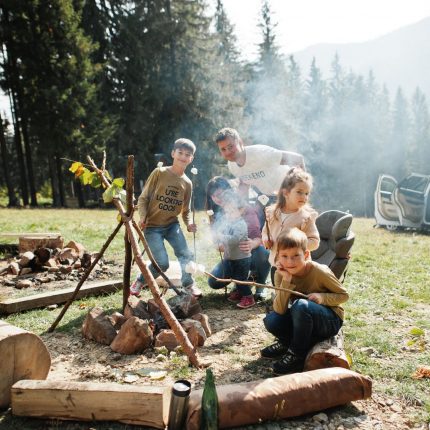BLOG
Find inspiration and practical advice for your homeschooling journey!
Latest Blog Posts

As homeschooling continues to grow in popularity, more parents are taking on the challenge of providing a comprehensive education that not only meets academic standards but also prepares their…
Read more >
June has come and gone, and summer is in full swing! Whether you're traveling this summer or staying close to home, we hope you're enjoying this time with your family. We wanted this month's…
Read more >
Summer is an all-around favorite season for most people. In the U.S., it’s even more exciting for many of us since we get to celebrate Independence Day! The Fourth of July is a wonderful…
Read more >Homeschool.com Blog
Perks of Homeschooling Each Stage Of Childhood
This is a guest blog post from Sonlight. Regardless of your children's ages, you probably have overarching reasons to homeschool. Like teaching your faith to your kids, freedom to travel,…
Single Parent Homeschooling
Homeschooling. When we think of homeschooling, we often imagine a perfect family where both parents work together to educate their kids. But let's be real, no family is perfect. There are all…
Juneteenth Freedom Day
Are you familiar with Juneteenth? Do you know what it is or why it is celebrated? If not, let's have a little history lesson together! It's a national holiday definitely worth including in your…
June Free Homeschool Printables
I don't know about you, but I can hardly believe it's already summer! June arrived in what feels like record time, and along with it comes the fun of hot days, swimming pools, beaches, warm nights,…
How to Create Your Own Thematic Homeschool Unit Study
Are you looking for a fun and engaging homeschooling experience? (Aren't we all?) Unit studies are an exciting experience for kids. A unit of study focuses on one central theme, e.g. insects. …
Money Matters: Future-Proof Your Child
Of course, you wouldn’t send your child out into a blizzard without a coat. So why let them navigate adulthood without the vital skills to manage money and face life's biggest challenges? In…
Time4Learning vs Power Homeschool: What’s the Difference?
Of course, homeschooling families face a delightful yet daunting array of online curriculum options. And amidst this sea of choices, parents often struggle to determine which program best suits…


